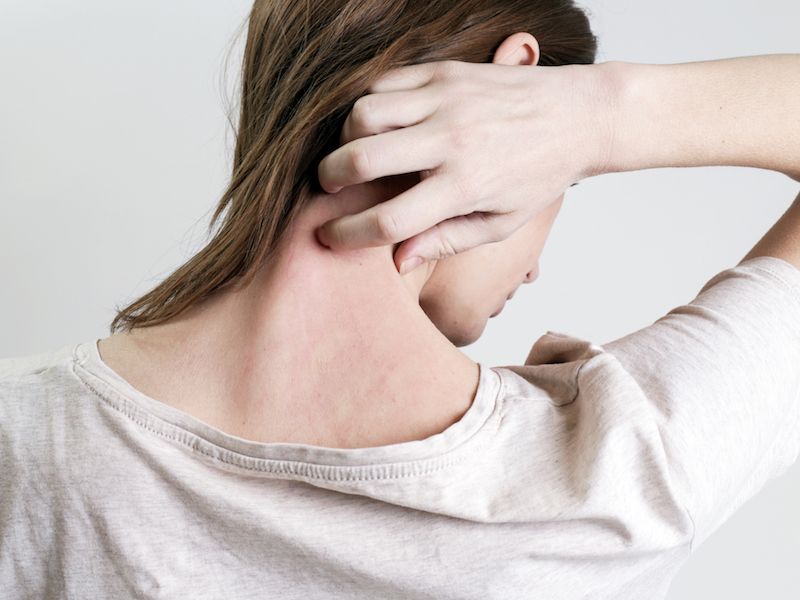
The word psoriasis usually recalls recollections of people with skin issues like the people on all those advertisements. Psoriasis impacts your general health and not just your skin. Psoriasis is commonly misunderstood and minimized, due to a lack of knowledge of how psoriasis impacts sufferers as well as the serious conditions that can be related to this disorder. Psoriasis causes responses through the whole body despite the fact that skin plaques are the most familiar sign: The risk of metabolic problems that are increased by persistent irritation and cardiovascular disease.
Psoriasis is also connected to another issue according to a different recent study: Hearing loss. Published in The Journal of Rheumatology, this research looked at links between psoriatic arthritis, mental health, and hearing impairment. Psoriatic arthritis is a type of psoriasis where inflammation is centered near the joints, causing discomfort, inflammation, and difficulty moving. The normal plaques might not be experienced by people who suffer from psoriatic arthritis.
Like rheumatoid arthritis (and like psoriasis), psoriatic arthritis is an autoimmune illness, the sufferer’s body is essentially targeting its own healthy tissue. But as opposed to rheumatoid arthritis, you might have psoriatic arthritis on only one knee because it’s asymmetrical, and it doesn’t only impact joints but leads to painfully swollen fingers and toes while it targets sufferer’s nails and eyes.
Based on the findings of this recent study, hearing might also be impacted by psoriatic arthritis. A significant control group of people with neither psoriasis or psoriatic arthritis were contrasted against people who had one or the other condition. They found that the group with psoriatic arthritis was more inclined to have hearing loss, and those reports were backed by audiometric testing. Even when controlling for other risk considerations, psoriatic arthritis sufferers were significantly more likely to have hearing loss than either {psoriasis sufferers or the control group}.
But there is an evident link between psoriasis, psoriatic arthritis and hearing loss. A 2015 study discovered that there is a significantly higher risk, for people who have psoriasis, of developing sudden sensorineural hearing loss, also referred to as sudden deafness. The capability to hear decreases substantially over three days or less with sudden sensoroneural hearing loss. It has several potential causes, but researchers hypothesize that people who have psoriasis are at higher risk because of the kind of rapid inflammation that happens during a flare-up of psoriasis symptoms. The hearing could be impaired if this takes place near or in the cochlea. This form of hearing loss, in many instances, can be helped by treatments that alleviate psoriasis., but hearing aids are often recommended when other treatments don’t seem to be helping.
It’s worthwhile to keep track of your hearing if you have psoriasis or psoriatic arthritis. Plan regular hearing exams along with your annual health-care appointments. The inflammation due to these diseases can lead to injury of the inner ear, which can lead to loss of hearing as well as problems with balance. Psoriasis and psoriatic arthritis are both also linked to depression and anxiety, which can both exacerbate hearing loss. Loss of hearing is something you want to detect early because untreated loss of hearing can lead to other health troubles such as dementia.
With early treatment, you can keep in front of the symptoms by having your hearing tested frequently and cooperating with your doctor, knowledge is essential. Neither hearing loss nor psoriasis should influence you to compromise your standard of living, and all the difference is having the right team on your side.
